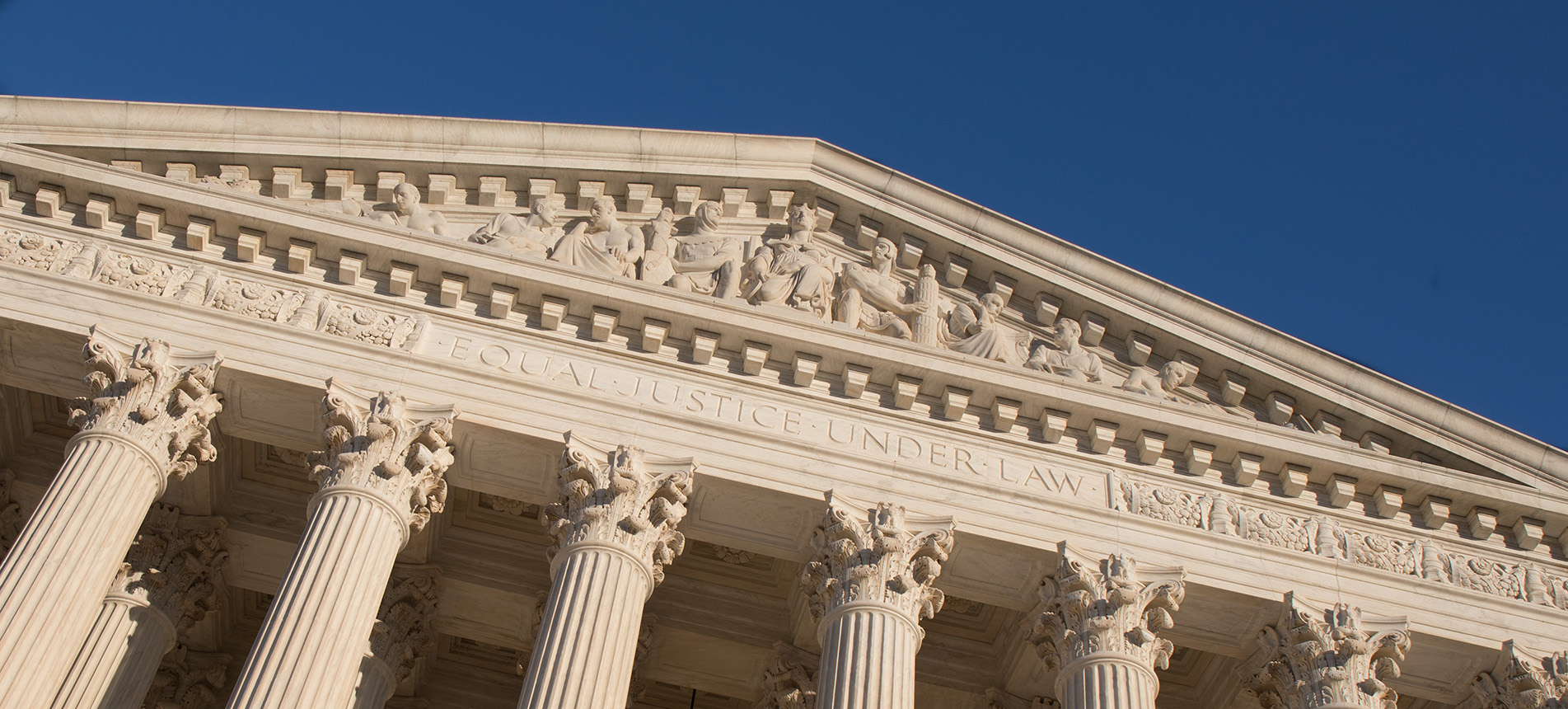Supreme Court Decision Not Necessarily Open Season for Changes to SMS Marketing Campaigns
Mobile Center of Excellence

For those unfamiliar with Facebook Inc. v. Duguid, et al., Noah Duguid claimed that Facebook violated the Telephone Consumer Protection Act¹ (“TCPA”) because it sent him an automated message that he had not consented to receive. The message in question was an account login notification that Facebook routinely sends to account holders. The issue is Duguid doesn’t have a Facebook account and never gave Facebook permission to message him.
Facebook argued that it did not use an autodialer to send the message and therefore it did not violate the TCPA.
But what is an autodialer or automatic telephone dialing system? The TCPA defines it as “equipment which has the capacity…to store or produce telephone numbers to be called, using a random or sequential number generator…and…to dial such numbers.”² The TCPA deems it unlawful to “make any call…using any automatic telephone dialing system…to any telephone number assigned to a…cellular telephone service…” (emphasis added).³
Sentence Structure Matters
The predominate question before the Supreme Court was whether the phrase “using a random or sequential number generator” modified both “store or produce” or just “produce.” The Supreme Court unanimously decided that the phrase “using a random or sequential number generator” modifies both “store” and “produce.” As a result, autodialer means that the equipment must have the capacity to use a sequential or random number generator and to dial such numbers, not just automatically dial stored numbers. In other words, an automated system using an existing database of numbers is not considered an autodialer. This is good news for marketers who are almost all using automated systems to message subscribers via SMS.
What Happens Now?
Of course, marketers now ask whether this recent Supreme Court decision requires any change to current text marketing campaigns.
The best answer is probably not.
Most of the legal commentary doesn’t recommend any changes and anticipates that plaintiffs will attempt to distinguish or limit the scope of this ruling rather than dismiss claims. Further, legal experts anticipate that Congress may decide to modify the TCPA or even draft a new statute to address current equipment and technological advances. By continuing to follow current best practice guidelines, marketers will save the time, cost, and potential disruption of premature modifications to their current programs.
Despite this new legal commentary, marketers should keep in mind wireless carriers’ approval and auditing of text messaging programs. Regardless of this ruling, wireless carriers have not changed their requirements, of which most align to the rules of engagement in the TCPA. Their review determines whether programs go live and stay live.
Perhaps most importantly, marketers must consider the consumer experience. Mobile marketing best practice guidelines mirror requirements from the TCPA and wireless carriers because they establish the best user experience and, not coincidentally, tend to deliver stronger program performance. Customers are provided with full disclosure of what the program entails, what to expect while participating in the program, and provided with a clear and easy way to unsubscribe if they no longer want to participate. These customers choose to be a part of the program and are participating because they want and value the content. If they don’t, they opt out. These situations produce highly active and engaged audiences.
Conclusion
In summary, we believe SMS is a powerful engagement tool for retailers and brands to connect with their customers. The Supreme Court ruling in Facebook Inc. v. Duguid, et al. is welcome news for marketers who use this channel. At this time, no action is needed by marketers – but always stay vigil, making sure you’re following best practices and aligned with wireless carriers’ terms.
Check out Listrak’s resources for running successful SMS campaigns.
Listrak provides the foregoing for informational purposes only and it does not constitute legal advice. Please consult your counsel for legal advice pertaining to the TCPA and any related practice guidelines.
¹ 47 U.S.C. § 227.
² 47 U.S.C. § 227(a)(1).
³ 47 U.S.C. § 227(b)(1)(A)(iii).








.png)

